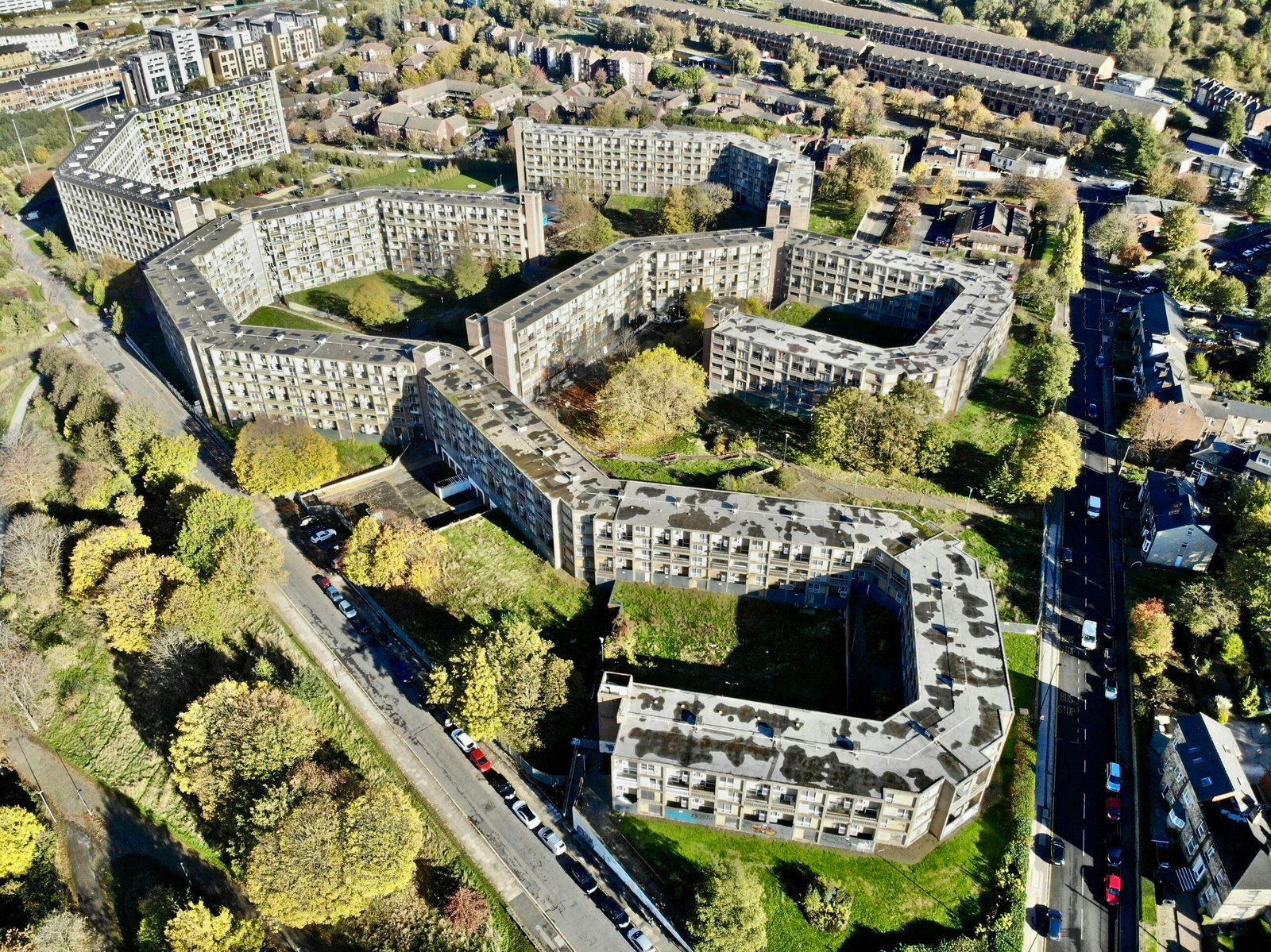Introduction to AI in Home Construction
Artificial Intelligence (AI) is revolutionizing various industries, and home construction is no exception. The integration of AI technologies into the construction sector is making significant strides, transforming traditional methodologies into more efficient practices. The architecture and design sectors have begun to embrace AI-driven tools that facilitate innovative solutions, allowing architects and designers to create customized blueprints with enhanced precision.
One of the most significant benefits AI brings to home construction is increased efficiency. With the use of machine learning algorithms, project management can be optimized, enabling teams to allocate resources more effectively and streamline workflows. By analyzing historical data, AI can predict potential delays and propose adjustments, thus minimizing project overruns and cutting down unnecessary costs. Such predictive analytics ensures that stakeholders can make informed decisions at every stage of construction, improving overall project outcomes.
Moreover, the enhanced accuracy in construction processes attributed to AI technologies cannot be understated. AI tools facilitate detailed simulations and modeling, ensuring that designs are not only feasible but also structurally sound. This allows for the seamless transition from design to physical construction, ultimately reducing waste and errors during the building phase.
The evolution from traditional construction methods to AI-driven practices aligns with the growing market demand for smart homes. Today’s consumers are increasingly seeking intelligent solutions that prioritize efficiency, sustainability, and convenience, leading to an exceptional shift in how homes are designed and constructed. As AI continues to advance, it will further redefine industry standards, contributing to a future that harmoniously blends innovation with functionality in home construction.
Key Technologies Powering Smart Home Construction
The integration of artificial intelligence in smart home construction has revolutionized the industry, enabling enhanced efficiency and innovation. One of the foremost applications of AI is through machine learning algorithms, which play a crucial role in predictive analytics. These algorithms analyze vast amounts of data from past projects to forecast timelines, costs, and potential risks. For example, a construction firm might use machine learning to predict the likelihood of cost overruns on a project based on historical data, allowing for proactive measures to mitigate such risks.
Additionally, AI tools are utilized for design optimization, streamlining the architectural process. By leveraging generative design methodologies, these tools can produce multiple design alternatives that meet specified parameters, such as budget and energy efficiency. A notable case study involves a prominent architecture firm that employed AI to explore various design configurations rapidly, resulting in a sustainable home structure that maximized both natural light and thermal efficiency.
Building Information Modeling (BIM) represents another significant advancement in smart home construction. BIM facilitates improved collaboration among various stakeholders, including architects, engineers, and contractors, by providing a shared digital representation of the physical and functional characteristics of a project. This technology not only enhances communication but also reduces errors and rework, leading to time and cost savings. For instance, a recent residential project utilized BIM to coordinate the schedules and workflows of different trades, ultimately expediting the construction timeline while maintaining high-quality standards.
Through these technologies—machine learning, AI design tools, and BIM—the construction sector is witnessing substantial progress. These innovations are not merely enhancements but fundamental changes, paving the way for smarter, more efficient homes. As these technologies continue to evolve, their impact on the future of smart home construction will only become more pronounced.
Benefits of AI-Driven Smart Home Construction
The integration of artificial intelligence in smart home construction presents a plethora of advantages that significantly benefit builders, homeowners, and the environment. One of the primary advantages is sustainability, primarily achieved through enhanced energy efficiency. AI-driven technologies facilitate the design of homes that optimize energy consumption by predicting usage patterns and suggesting tailored modifications. This not only leads to lower utility bills for homeowners but also diminishes the environmental impact associated with energy production and consumption.
Moreover, AI offers remarkable customization options for prospective homebuyers, enabling them to tailor their living spaces according to personal preferences and lifestyle needs. Advanced algorithms can analyze preferences and suggest floor plans, materials, and layouts that maximize comfort and functionality. This level of customization not only enhances the homeowner’s satisfaction but also fosters a sense of ownership and pride in their living environment, which is crucial in today’s market where individuality is highly valued.
Safety is another pivotal benefit of AI-driven smart home construction. By employing AI technologies, builders can improve construction safety measures significantly. For instance, AI can monitor construction sites in real-time, identifying potential hazards and ensuring compliance with safety regulations. This proactive approach reduces the likelihood of accidents and injuries, thereby promoting a secure working environment for construction workers. Furthermore, AI can assist in predictive maintenance of the homes, monitoring systems continuously for flaws or inefficiencies that could pose safety risks to residents.
In conclusion, the myriad benefits of AI-driven smart home construction not only enhance the quality of life for residents but also contribute to a reduced environmental footprint. These advancements mark a significant step forward in creating homes that are more sustainable, personalized, and safe, illustrating the transformative potential of integrating AI in construction practices.
The Future of AI in Home Construction: Trends and Predictions
As we look ahead, the integration of artificial intelligence (AI) in home construction is set to reshape the industry significantly over the next decade. With the rapid advancement of technology, it is expected that AI will not only enhance efficiency but also improve the overall quality of construction projects. One of the key trends includes the adoption of machine learning algorithms, which can facilitate predictive analytics in construction planning. This enables builders to anticipate project risks, manage resources more effectively, and streamline operations.
Moreover, the emergence of the Internet of Things (IoT) is poised to play a crucial role in the development of smart homes. Sensors embedded within construction materials and appliances will enable real-time data collection and monitoring. This interconnectedness will allow homeowners to manage their energy consumption, enhance security systems, and optimize maintenance schedules through smart devices, further improving the living experience. Robotics is also becoming an integral part of the construction process, with automated machinery performing tasks traditionally done by human laborers. This not only accelerates the construction timeline but also enhances precision in building processes.
Experts predict that these technological innovations will lead to more sustainable construction practices. With the ability to analyze large data sets, AI can identify materials and methods that reduce environmental impact, paving the way for eco-friendly building designs. However, several challenges remain, such as ensuring data privacy and navigating regulatory issues. The future of AI-driven smart home construction will depend on how these challenges are addressed. By fostering collaboration among architects, engineers, and technology providers, the industry can position itself for growth and innovation.
In conclusion, the future of AI in home construction holds great promise, characterized by enhanced efficiency, sustainability, and user experience. As emerging technologies continue to evolve, they will redefine the way homes are built and lived in, presenting both opportunities and challenges that must be navigated carefully.









